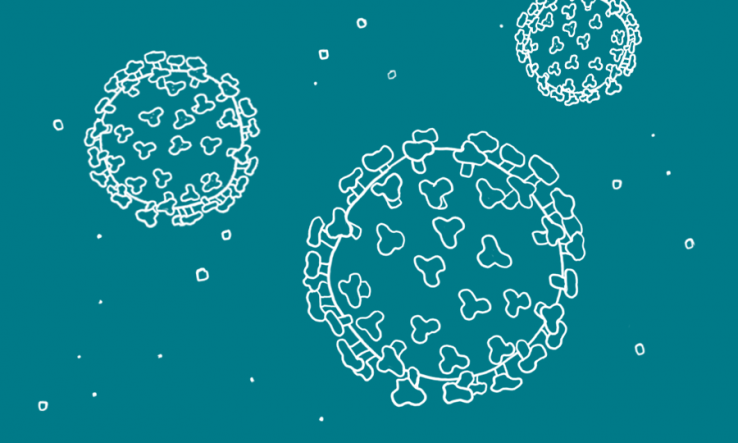
Pandemic research ‘must include diverse methodologies’, just like the official Horizon Europe missions
Research on the Covid-19 pandemic should be of a multidisciplinary nature, in keeping with its diverse impacts on European societies, according to a body representing academies of social sciences.
The European Alliance for Social Sciences and Humanities, an umbrella group for national bodies, has called for a mission-style or portfolio approach to the EU’s Covid-19 and pandemic-related research efforts.
Although it stopped short of calling for an official mission alongside those planned to increase the impact of Horizon Europe, the 2021-27 EU R&D programme, the alliance said the same multidisciplinary, public policy-linked approach would be necessary to address the pandemic.
“Give a challenge, give an opportunity to the researcher…to address the issue from different angles and in different ways,” Gabi Lombardo, director of the alliance, told Research Professional News.
“We need to recognise that this crisis is as much about society and politics as it is about virology, immunology and economics,” the alliance said in a position paper on 17 June.
It said there should be more cross-border data sharing and rapid access to data in social and economic research, a practice that has become more prevalent in some biomedical fields during the Covid-19 response.
Social scientists must be represented on taskforces set up to respond to the pandemic, while funding should also be made available for creative arts projects that address the crisis, the alliance said.
The call comes after Science Europe, an association of research funders and performers, said on 15 June that “an additional strategic and coordinated approach to long-term research and innovation agenda setting is needed” to address the pandemic and its fallout.
Science Europe said the EU and national policymakers must support more fundamental work in virology, immunology and epidemiology. This should include the establishment of a long-term international partnership for infectious diseases research, much like an existing collaboration among research funders called GloPID-R.
Foretelling the alliance statement, Science Europe also said support for socioeconomic and cultural work would be “the best investment towards a resilient society”.
Policymakers should also support public communication of research relevant to Covid-19, including by building on the gains made towards the full open-access publication of research, it said.